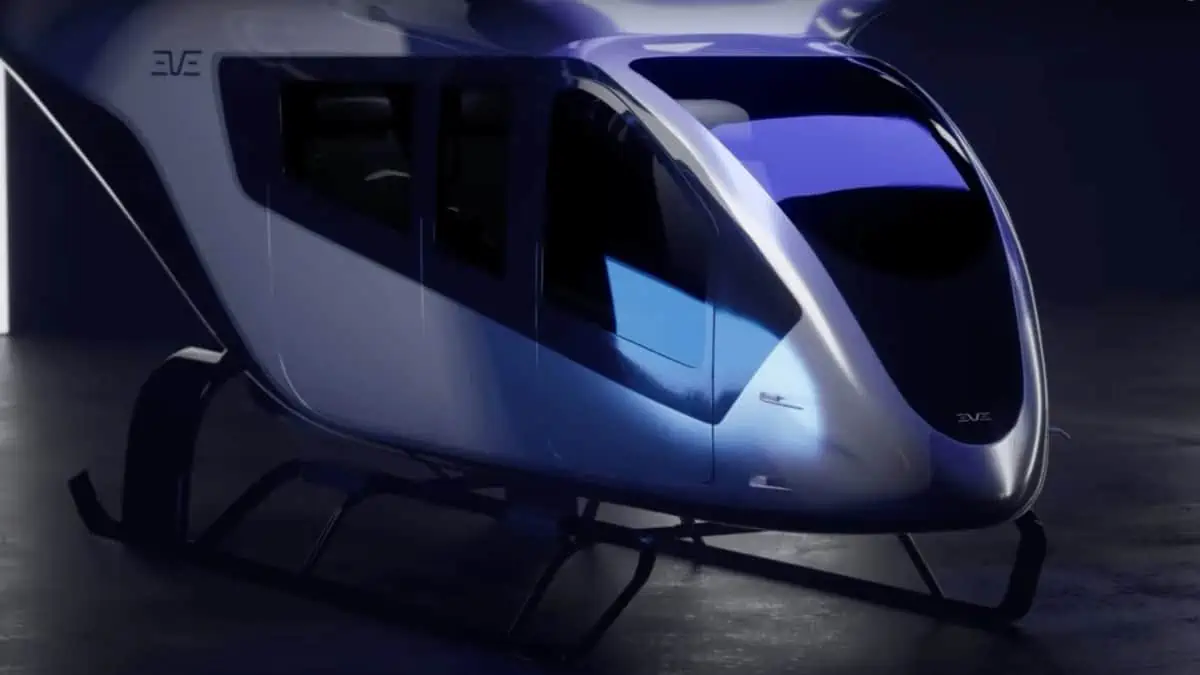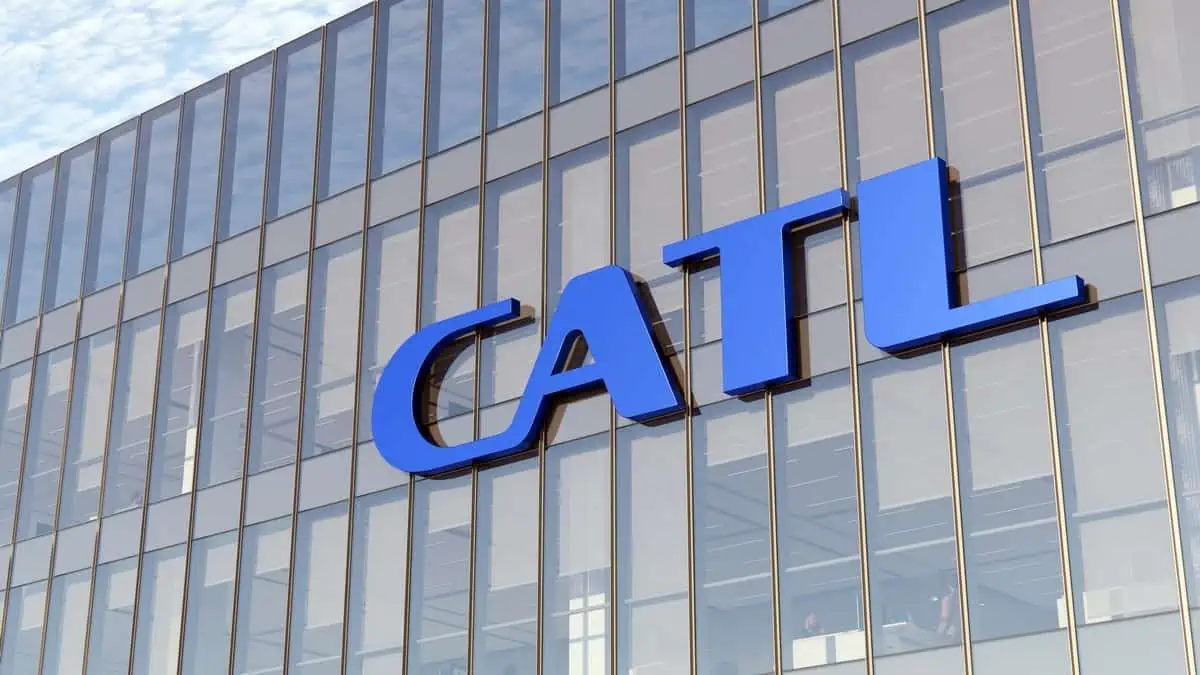As the demand for sustainable transportation solutions continues to grow, startup Eve Air Mobility has garnered attention with its potential large orders for its electric aircraft.
Many are looking to this new era of air travel, but challenges faced by aircraft and electrical systems may limit their deployment to small-scale operations.
The push for electric aircraft
Aviation is widely regarded as one of the fastest and most convenient modes of transportation, allowing people to traverse vast distances in a matter of hours and facilitating efficient global logistics.
However, it also poses a significant challenge to combating the climate crisis. Aircraft emissions, particularly from short-haul domestic flights, rank among the highest sources of greenhouse gases. In comparison to trains, airplanes can produce around five times more emissions.
Banning aviation altogether is not a practical solution due to its vital role in modern logistics. Therefore, engineers are exploring alternative options to mitigate its environmental impact. One approach is to adopt carbon-neutral fuels like hydrogen or biofuels, which would reduce emissions but require a vast amount of arable land for fuel production, impacting the environment and food supplies.
The industry can also develop fully electric aircraft that eliminate the need for traditional fuel altogether. As electric cars gain popularity, advancements in battery and energy technologies are making electric aircraft feasible. If renewable energy sources power these planes, they have the potential to produce zero emissions from energy generation to usage, offering a promising path toward sustainable air travel.
Eve Air Mobility secures potential orders for 150 electric aircraft, showing promising prospects for the industry
Eve Air Mobility recently made headlines, announcing three potential orders totaling 150 aircraft from prospective customers.
According to the company, Nordic Aviation initially ordered 15 units with the potential for 15 more.
Apart from that, Widerøe Zero placed an order of up to 50 eVOTLs. Meanwhile, Voar Aviation ordered 70 units from Eve Air.
The startup’s electric aircraft lineup could reach a substantial 2,770 orders combined with other booked orders, representing a significant opportunity for the electric aviation industry.
Notably, these orders encompass not only the cost of the vehicles but also services and maintenance, including battery management, spares and repairs, replacements, and future upgrades when new hardware becomes available.
However, they are currently in the form of letters of intent, and the actual transactions are still pending. For Eve Air Mobility to secure these orders, the company must demonstrate its ability to deliver on its promises.
Furthermore, as the startup has not yet produced a real aircraft, there is no guarantee that they will ultimately manufacture the envisioned air taxis.
Nonetheless, schematics and simulations of the aircraft showcase remarkable features. These include 90% noise reduction equivalent helicopters, a range of 100km, and a cost per seat six times lower than traditional helicopters.
With the capability to operate thousands of flights, Eve Air Mobility aims to provide practical air taxi services in urban environments, leveraging automation to maximize passenger count.
Challenges of scaling electric aircraft
While the achievements of Eve Air Mobility and the interest in electric air taxis are remarkable, it is important to consider the limitations of electric technologies for larger aircraft and long-distance travel.
The primary hurdle lies in the limitations of batteries compared to traditional jet fuel. Unlike fuel, batteries do not decrease in weight as they are used, preventing electric planes from benefiting from increasing efficiency during a flight.
Moreover, batteries currently have significantly lower energy density compared to jet fuel. Generally, the best commercially available batteries have 50 times less energy density than jet fuel. It means that batteries would occupy a substantial portion of the weight of an electric aircraft to achieve a given range.
See Also:
- eVTOLS could decide future of urban air mobility
- United Airlines invests $15 Million in electric aircraft startup Eve Air Mobility
- Fully electric air taxi achieves New York test flight
- Eve’s flying taxi completes wind tunnel test in Switzerland
- Blade Air Mobility, BETA Technologies successfully complete eVTOL test flight in New York
As the aviation industry strives for sustainability, the focus remains on exploring a range of alternatives to reduce emissions, including electric and hybrid aircraft, as well as the development of sustainable aviation fuels. These solutions must strike a balance between environmental impact, technological feasibility, and operational efficiency.
The advancements made by companies like Eve Air Mobility contribute to this ongoing pursuit, offering promising glimpses into a greener future for air travel.
While electric aircraft may not dominate the skies in the foreseeable future, their progress represents a significant step toward sustainable aviation and encourages further innovation in the industry.






